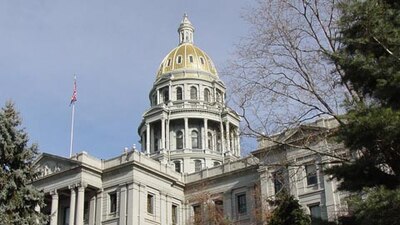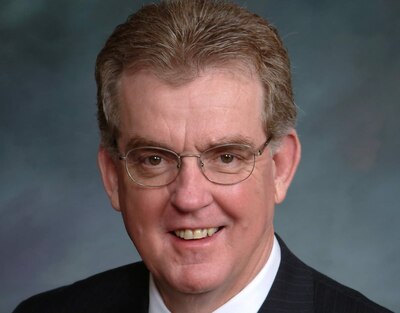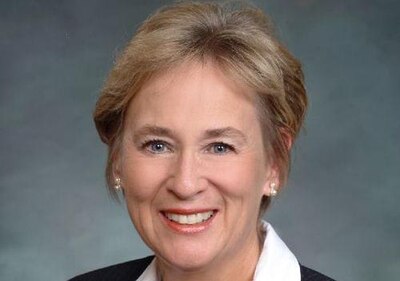If you have the nagging sense the 2010 legislature hasn’t focused much on big education issues, you’re right.
That’s expected to change soon.

Still be debated are proposals on teacher evaluation and tenure, authorization and regulation of charter schools, higher education tuition policy and financial flexibility, changes in CSAP testing and reform of the K-12 funding system.
Bills on some of those issues haven’t been unveiled, and other bills that have been introduced are still waiting for their first committee hearings.
With just under five weeks left in the 2010 session (and with a number of non-education matters still to be resolved) the prospects for significant legislation on those five big education issues are uncertain.
So far, lawmakers have dealt with only two major issues of concern to education.
The first is education funding. Although the final details remain to be worked out on the main 2010-11 state budget bill (House Bill 10-1376) and next year’s school finance act (House Bill 10-1369), the major decisions have been made.
In 2009 lawmakers set school funding at $5.69 billion (state and local). In the middle of the budget year, the 2010 legislature cut that to $5.58 billion.
Funding for 2010-11 is targeted at $5.43 billion. (It would have been an estimated $5.8 billion if the full Amendment 23 formula had been used.)
The second finished issue is pensions. The legislature passed Senate Bill 10-001, the Public Employees’ Retirement Association solvency measure, weeks ago, and Gov. Bill Ritter signed it Feb. 23. A primary feature of the measure is a reduction in the rate of annual benefit increases for retirees. But, the new law already has been challenged in court. Educators, both working and retired, are a major part of PERA’s membership.
Here’s a rundown of the education issues that are still in play:
Educator effectiveness
Sen. Michael Johnston’s proposal to change education evaluation procedures and tenure rules is expected to be introduced this week. (See this story for details.)
While the Denver Democrat has been working hard to sell his ideas to a variety of interest groups, the measure still is expected to spark a lively debate among teacher interests (represented by the Colorado Education Association), school district and administrator interests (represented by the Colorado Association of School Boards and the Colorado Association of School Executives) and reform groups. (The advocacy group Stand for Children is running and e-mail campaign to build support for the bill, warning, “adult-focused interests are working hard to defeat it.”)
Johnston has attracted some bipartisan sponsorship, including Sen. Nancy Spence, R-Centennial, and educator effectiveness is a hot topic nationwide because of the Obama administration’s Race to the Top competition.
But, it remains to be seen if there’s enough momentum in Colorado to pass sweeping change in this area this year.
Charter schools
A measure that would give charter schools more freedom to cooperate among themselves, Senate Bill 10-161, has been knocking around the Senate Education Committee for weeks but is expected to come up for a vote Thursday.

Sponsored by tireless charter advocate Sen. Keith King, R-Colorado Springs, the bill would authorize charters to contract with boards of cooperative services or other charters school for buildings and services and would give charters greater freedom to apply for grants. That last provision has caused some heartburn among school district interests.
Three charter quality bills sponsored by House Speaker Terrance Carroll, D-Denver, are still awaiting their first hearing in the House Education Committee. The measures, House Bills 10-1343, 1344 and 1345, would set quality standards for charter schools, for school authorizers and create a system for temporary state control of troubled charters. (The bills were prompted by the problems of the Cesar Chavez charter network last year.)
The bills are the subject of negotiations among Carroll and various interest groups over the details of the quality standards, how those will be laid out in the first two bills and to what degree the State Board of Education might be allowed to fill in the details by regulation.
Higher education
One of the first bills introduced in 2010 was Senate Bill 10-003, which in its original form would change limits on foreign student enrollment, give institutions more control over financial aid, give institutions more flexibility in adopting their own fiscal and information technology rules and reduce construction project reporting requirements.
But, tuition flexibility has become part of the behind-the-scenes debate over how the bill should be amended. The Department of Higher Education and the Colorado Commission on Higher Education are backing a plan that would give the commission approval power over institutions that want to raise resident tuition more than 9 percent a year.
College presidents are backing a plan that would give CCHE after-the-fact optional review.
Higher education flexibility legislation failed in the closing days of the 2009 session.
Testing

Rep. Judy Solano, D-Brighton, may still yet introduce legislation on state testing reform.
The 2008 Colorado Achievement Plan for Kids set out a schedule for replacing the CSAP testing system, and the Colorado Department of Education is well on its way in the preparations to meet a December deadline for the State Board of Education to choose a new testing system.
But, because of lack of funding, the Solano bill may include delays in the CAP4K timetable. What has some interest groups concerned, however, is whether Solano will try to use the bill to cut back on standardized testing. She’s the legislature’s foremost critic of the CSAPs and has tried in the past to reduce testing.
Solano last week declined to detail what might be in her bill.
Future funding for schools
Resolutions recently were introduced in both houses proposing a constitutional amendment that would allow the legislature to raise taxes without voter approval if the revenue is to be used for education programs. That would be a major breach of the Taxpayer’s Bill of Rights.
To make the November ballot, one of the resolutions would require a two-thirds vote of both houses, a hurdle generally considered too high to jump this session. (The twin resolutions were introduced to ensure that there at least are hearings in both houses.)
The hearing on the House version, House Concurrent Resolution 10-1001, will be before the House Education Committee at 1:30 on April 19 in the Old Supreme Court Chamber.
According to the Senate calendar, the Senate Education Committee hearing on Senate Concurrent Resolution 10-002 will be at 1:30 p.m. April 22 in room 354.
The education scorecard
Of 77 education-related bills introduced through late last week, 12 have been passed and signed by the governor, 21 have passed both houses but are awaiting resolution of differences, are in conference committee or haven’t yet been sent to the governor, eight are pending in the second house and 14 are still in their house of origin. And, 22 have been killed. Most of those are Republican-sponsored measures; a few are Democratic bills whose sponsors realized they had no chance of passage.
Use the Education Bill Tracker for links to bill texts and status information.
